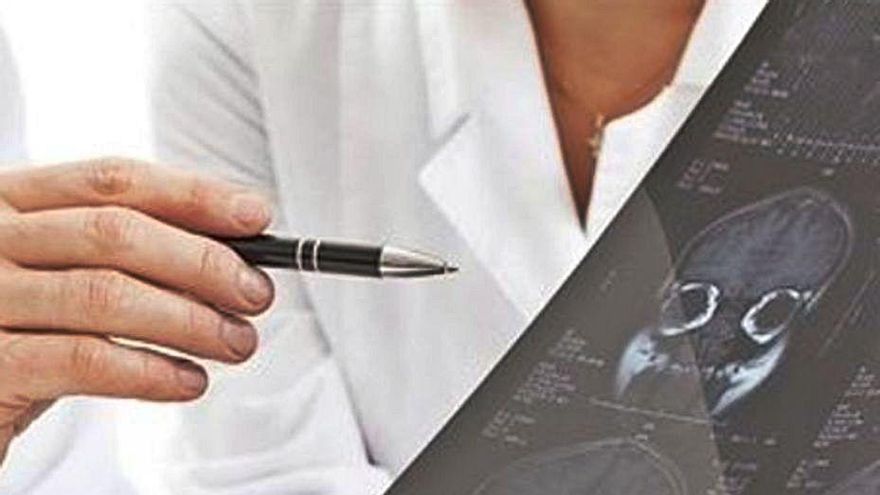
This attention is carried out through different entities to which the Council and the Canary Islands Government allocate an annual item of 1.2 million euros, within the framework of the Cooperation Agreement for the provision of services to people in a situation of dependency.
Marián Franquet highlights the work of “those who attend to problems that are not always taken into account.” The portfolio of services “offers those affected and their families various actions of a multidisciplinary and comprehensive nature to encompass a biopsychosocial model.”
Likewise, the counselor emphasizes the effort carried out by the Insular Corporation in the last two years to improve the care of people with brain damage. He values that this has resulted in a 46% increase in places for those affected and underlines: “It has been accompanied by a greater diversification of those places because they include residential care and the promotion of personal autonomy.”
Franquet highlights the attention provided through the Insular Ring of Social Policies. Especially for him counseling and consensual activity offered by the Brain Injury Association (ADACEA) that appears among the entities that make up the network.
“The presence of ADACEA in the Insular Ring allows us to reach more people and guarantee support in the process of hospital stay, discharge, rehabilitation and inclusion of people and families affected by DCA,” says Franquet. The Cabildo provides an additional 30,000 euros to the association, thus allowing it to improve its resources.
Of the 65 places offered, 35 of them are used for day care; In other words, people who are part of the different Cabildo day centers. Another ten are aimed at residential care with overnight stays and 20 are aimed at promoting personal autonomy in any type of residence.
Currently, the Cabildo collaborates with three entities that deal with this type of problem: the Hospitaller Sisters of the Sacred Heart of Jesus, the Association for Acquired Brain Injury (ADACEA) and the General Canarian Foundation of the University of La Laguna (FGULL), which is specifically dedicated to outpatient neuropsychological counseling and intervention for patients and support to relatives, in order to face the new situation.
Acquired brain damage (ACD) is the involvement of brain structures in people who, having been born without any type of brain damage, suffer brain injuries at a later time in life that lead to impaired cognitive, emotional, behavioral and / or physical.
The main causes of this disabling pathology for people are strokes or cerebrovascular accidents (CVA), increasingly frequent and in younger people; traumatic brain injury (TBI) and brain tumors
Other possible causes must be looked for in infectious processes (meningitis, encephalitis, …) or cerebral anoxias of various origin, either due to myocardial infarction or metabolic diseases. New tables and needs that require new answers.















